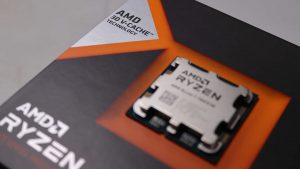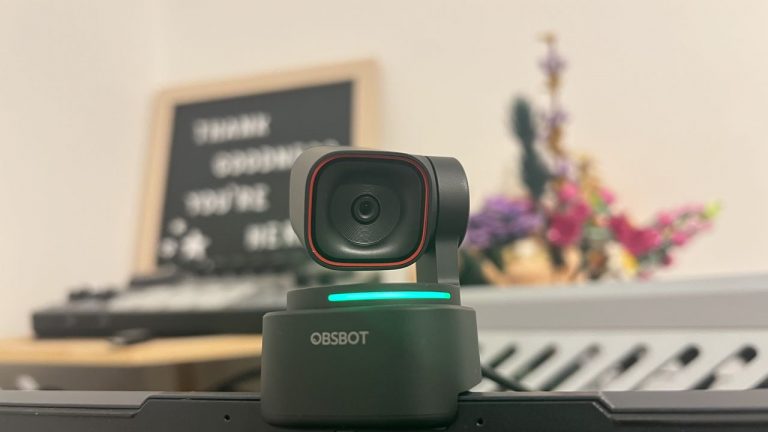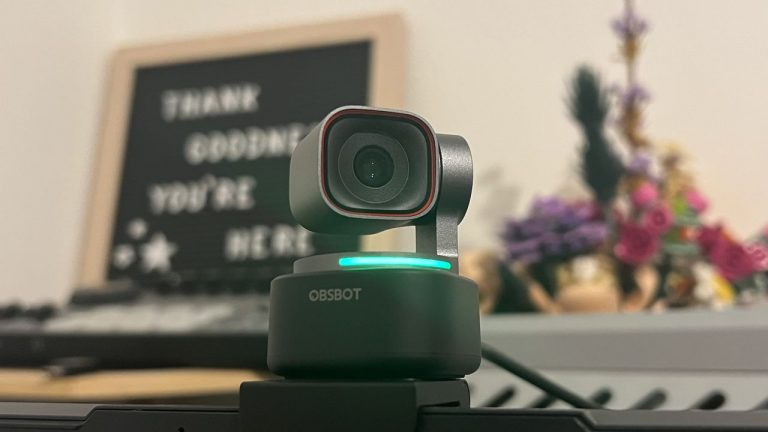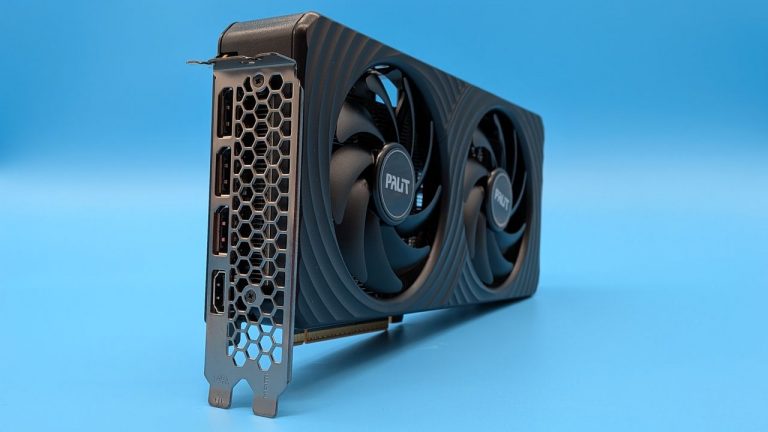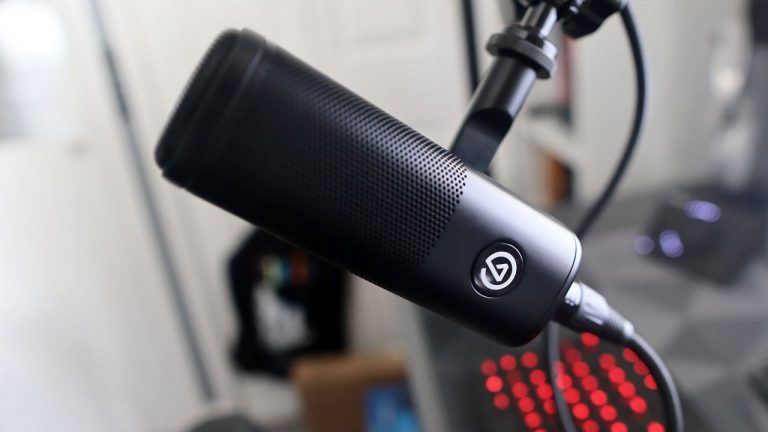Yesterday I built a new gaming PC inside a compact chassis and using one of Asus’ latest tiny motherboards, the ROG Strix X870-I Gaming WiFi. To my surprise, this cutesy PC booted first time. To my even greater surprise, the BIOS erupted onto my screen with a gloriously crisp finish.
“Wow”, I thought to myself as I glared at the sharp edges that replace the fuzzy 768p interface of decades gone, “they finally did it.”
I then set about hurriedly finding out when this change happened. Turns out, Asus announced it back in August, alongside a few other key changes to the BIOS page.
The change rolled out with X870 and X870E chipset motherboards for AMD’s Ryzen 9000-series.
“We’re bumping up the resolution of our BIOS interface to 1920×1080. With this change, you’ll be able to see more content at a glance, making it easier to survey the available settings and find the ones that you need,” Asus says.
It’s not just a visual change, either. A higher resolution means more room for settings on a single page, which means less scrolling and navigating through menus. It also means my mouse doesn’t behave quite as erratically within the BIOS, as high DPI mice become nigh uncontrollable with low resolutions.
I’ve been relying on Asus and MSI motherboards over the past few years for most of my processor testing and personal builds, and neither has offered a greater resolution for the BIOS. That’s why this feels a dramatic change for me.
However, I’ve since discovered that ASRock motherboards have been living in the future for some time now. Those boards already offer a higher resolution BIOS screen, and owners of ASRock motherboards are probably wondering why I’m bringing this up as some newfangled invention in 2024. You don’t know how good you’ve had it all this time.
Here’s the BIOS on an Asus X670 motherboard. A familiar sight in 768p. (Image credit: Asus)
Here’s the BIOS page on an ASRock Z790 motherboard in glorious 1080p. (Image credit: ASRock)
Unfortunately, I can’t find any evidence of MSI offering a similar improvement—the company’s boards now stand out like a sore thumb. Even the more modern Z890 motherboards my colleague Nick has in testing today lack any sort of resolution bump.
This also doesn’t appear a retroactive update to older motherboards. We’ve updated a handful of older Asus motherboards to the latest BIOS files available and no luck, which all suggests there’s a little more to it than you’d think.
But, hey, at least we’re seeing some tangible improvements to the BIOS in 2024 from Asus, and well done to ASRock for being three steps ahead of everyone else.
Best SSD for gaming: The best speedy storage today.
Best NVMe SSD: Compact M.2 drives.
Best external hard drive: Huge capacities for less.
Best external SSD: Plug-in storage upgrades.


